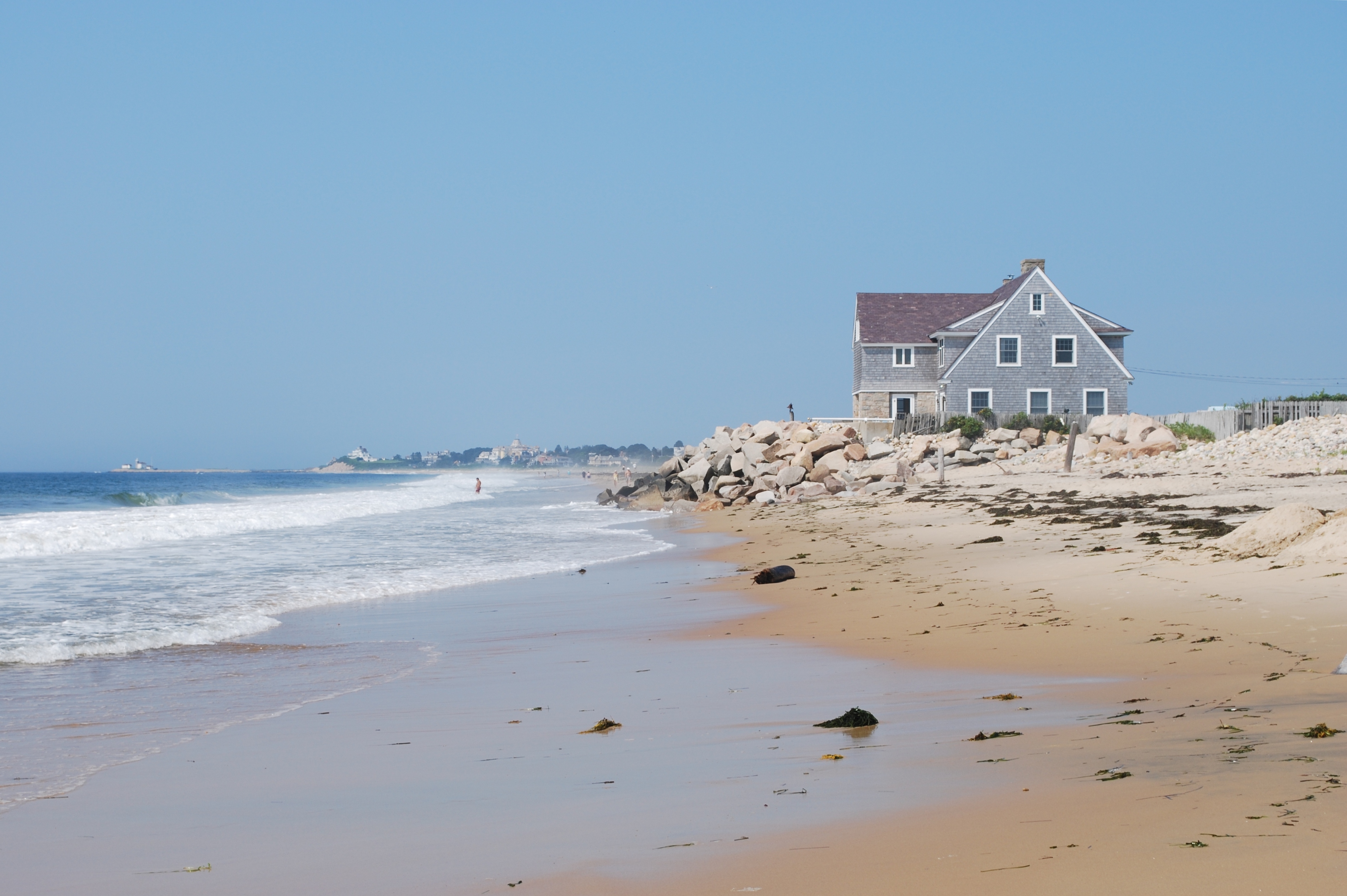8 Valuable Tips to Know When Building a Home at the Beach
 Life is better at the beach, but it’s also more expensive. When it comes to building a home, you’re paying a premium for oceanfront land, but you already know that. What you might not know is building a beach house is more complex than just choosing a house plan you love and hiring a builder. The location is everything, but it’s also a consideration that affects how and what you build. Before you make the decision to put a house directly on the beach, know that there are a few helpful tips that make the process that much less stressful.
Life is better at the beach, but it’s also more expensive. When it comes to building a home, you’re paying a premium for oceanfront land, but you already know that. What you might not know is building a beach house is more complex than just choosing a house plan you love and hiring a builder. The location is everything, but it’s also a consideration that affects how and what you build. Before you make the decision to put a house directly on the beach, know that there are a few helpful tips that make the process that much less stressful.
Height Restrictions
Did you know that some coastal communities place restrictions on how tall you can build? The reason behind this concept is to prevent something called corridors of darkness. Every coastal community has its own idea of what’s too tall, and you’ll need to find out what these are before you choose a plan only to find out you need to build down a bit. It might minimize the size of your home to the point that building is no longer an option.
Setbacks Matter
Most every community requires builders meet specific setbacks and easements. This might mean keeping the house so many feet from the property line on every side, as well as keeping driveways a certain number of feet from the neighbor’s house. When you build on a coastal lot, you have less space to work with in general. It’s important to know the setbacks and easements, because both play a major role in how you layout your home, where you place it, and even how big you go.
Understand Elevation
Building a home on the beach means you’re in a flood zone no matter what. While the laws and regulations differ in every city all over the world, there are elevation rules that apply everywhere. “You need to know that your future beach home might require certain elevation requirements, and that can add a hefty expense to your building plan,” said Gulf Coast Modular Homes, Incorporated. For example, if you need the first floor of your home to sit 14-feet above the ground, you’re going to need to build up. That’s an added expense.
Flood Zone Codes
You know you’re at risk for flooding when you build on the coast, and you’re all right with that. What you might not know is that the cost of meeting building codes becomes significantly more expensive when you build in a flood zone. Your home requires additional ties and straps to hold it down among other additional safety measures necessary to have a home on the beach. These costs run as much as 30% more to the cost of your home.
Talk to Your Insurance Adjuster
Building a beach house that’s within your budget is actually happening, and your dream is coming true. However, what happens when you receive your first insurance premium bill and realize it’s so much more than you can comfortably afford? Remember, you’re in a flood zone, you’re close to danger in terms of hurricanes and other storms, and your premiums are much higher. Talk to your insurance adjuster before your build so you are positive you can afford the fees.
Know Your Additional Costs
Are you building a beach house in a private community? It’s a great idea, especially if you want to live on a beach that doesn’t allow the general public to take up all your space and wander around your back yard all the time. However, you might have expensive Homeowner’s Association Fees to contend with, and you should know those before you build.
Know the Water
Water is water, right? That might sound accurate, but it’s not so. You don’t want to build your dream beach house only to realize that you’ve built it on a nude beach or in an area that has a dangerous undertow, making swimming next to impossible. You need to know the water where you’re building to ensure it’s the right kind of beach for your beach house.
Location Matters
You’re on the beach, and that’s all you need in terms of locations. The only problem is now it takes you over an hour to drive the three miles to the supermarket because traffic is a nightmare all the time during the summer. That takes a bit of the fun away from beach house living. When choosing property on which to build a beach house, know the location. If you are building on a small island with only one main road and bad traffic, you want property close enough to the store to walk. You might even want to find a more secluded beachfront neighborhood.

















